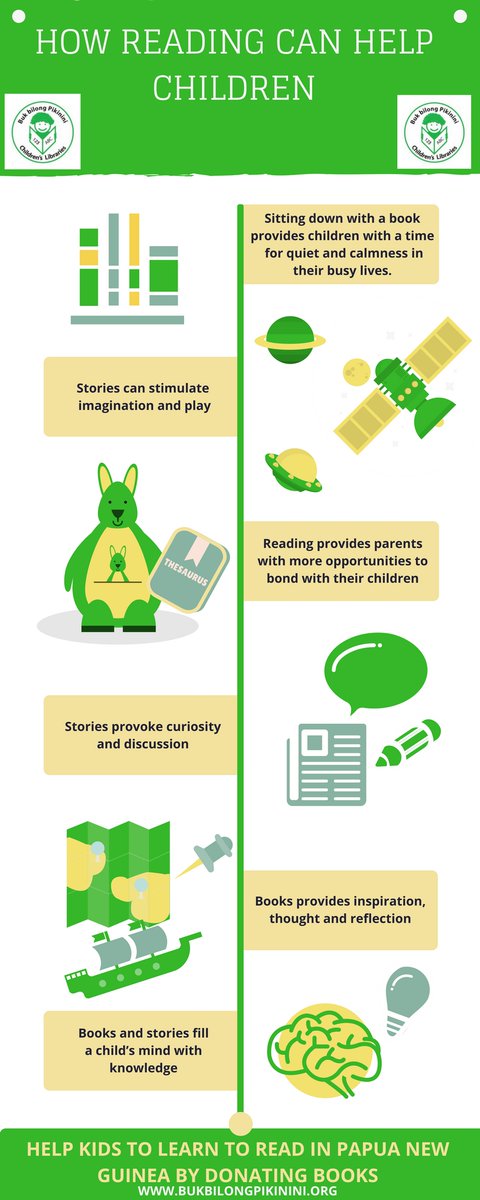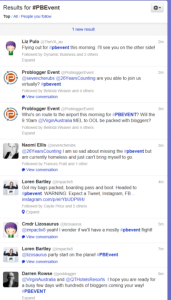Not going to Problogger event?
If you keep on an eye on the blogging community in Australia, it would have been a bit hard to miss the fact the Problogger event is on this weekend.
In fact, #PBEvent has already started trending on Twitter and the event hasn’t started yet!
Does not going mean missing out?
Speaking for myself, I’m now getting itchy feet about not being there. I loved it last year and am sure this year would have been even better.
For one thing, this year there are 3 sessions on most of the time (mind you it was hard enough to decide between two at times last year!) and I would have loved catching up with some people from last year.
And I simply hate missing out on things, lol!
However, it just wasn’t possible for me this year due to family commitments, especially as the travelling would put me so much further away.
There are many blog posts around at the moment about preparing for and getting the most out of PBEvent, so I thought I’d write a post for those of us itching to go but staying at home this weekend.
The PBEvent you have when you don’t go to PBEvent on the Gold Coast…
These are just my ideas and if you can add to the list, please do in the comments below as I want the best non-event I can get!
- Problogger, Darren Rowse, has helped us a lot by making a virtual ticket available again this year so you can hear sessions soon after the attendees do. So step one – grab◊ a virtual ticket!
- Listen to the virtual sessions. Sounds silly but a virtual ticket is pointless unless you listen to the recordings! What’s more, try listening to at least one or two during the weekend so you not only get the buzz but also can follow related conversations as you go.
- Set up a twitter search for #PBEvent. Be prepared for a lot of tweets to flow past you. I know last year there was a lot of chatter during the sessions as people shared things they learned as well as discussing and expanding on points made. Just cherry pick things from the Twitter feed and you will gain ideas and inspiration is my (educated) guess.
There will also be related hashtags as each session will have its own – I guess the trending hashtags list will give us a clue on the day!
- Find out who is at PBEvent (many have announced that on Facebook, in their blog, etc) and keep an eye on their blog and social media feeds. A lot of valuable information and insight will be shared in the next week. And you can select bloggers from your industry to refine the information, too.
- Got some blogging friends or contacts who are in your area instead of the Gold Coast? Why not get together for an hour or two this weekend? Watch the social media feeds and discuss some of the ideas you read. Not as good as the main event but you can still get some camaraderie and new ideas – and maybe a laugh or two while you’re at it!
Of course, making local blogging contacts can have a long lasting impact on your blogging, too. - Look up posts and other resources from last year’s PBEvent (I listed some in posts here and here). I intend dong this before any recordings are available – partly to pick up some of the excitement again but also to remind myself of what I learned last year and how it worked (or didn’t!) for me.
- Blog! If you can’t be with them, at least make that motivation to write some posts!
- Plan for next year. What stopped you going this year? If it was money, plan how you can raise that extra mony for 2014 (there is an affiliate session by Darren, a session on starting to monetise and a selling stuff session by Shayne Tulley to help, too!) If it was timing, can you schedule things differently for next year now so you can be at PBEvent?
- Give yourself thinking time over the weekend to consider your blog. Ask questions like why you blog, what is and isn’t working, are you reaching the right audience, is it worth adding more (or less) media to your blog, and how can you best measure the success of your blog.
[Tweet “Watch #PBEvent on Twitter this weekend to learn a LOT about blogging!”]
◊ Yes, this is an affiliate link. However, I suggest this because I know how great the event was last year. If I help cover my costs through an affiliate link, it helps my blog keep going and it doesn’t cost you anymore than if you bought a ticket directly. And it’s all done through Problogger so I never see any of your details.












Recent Comments